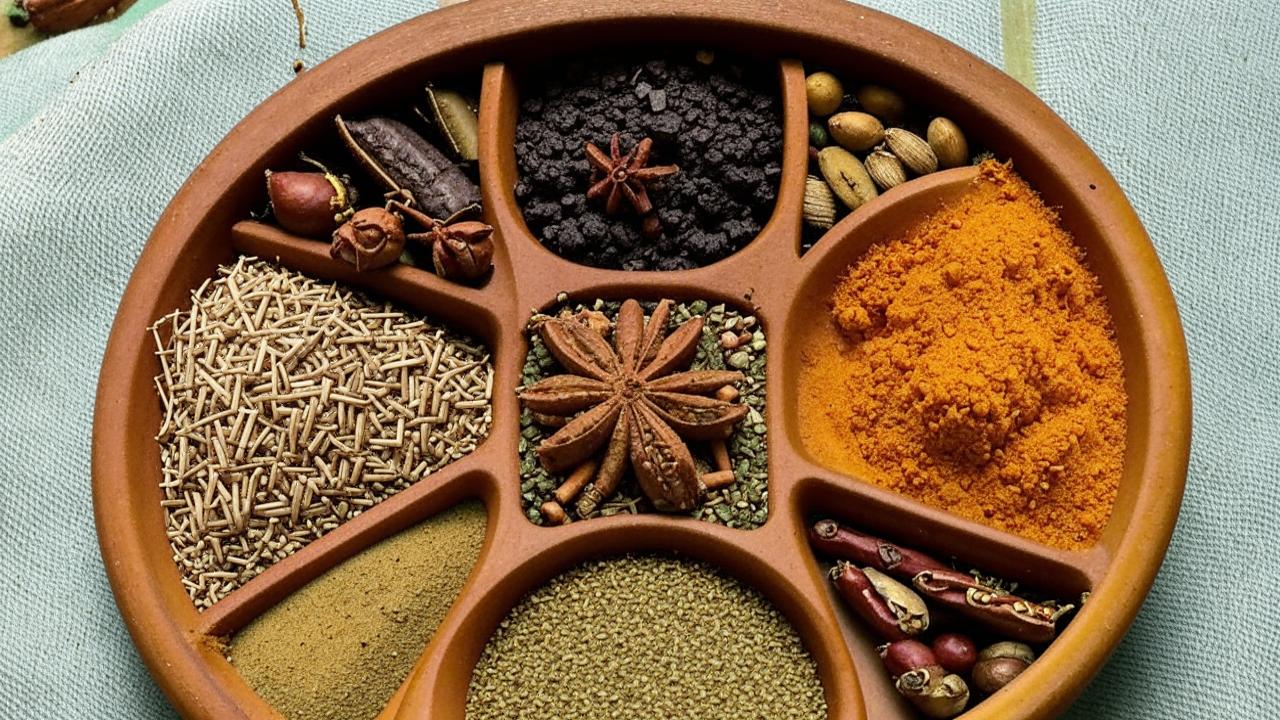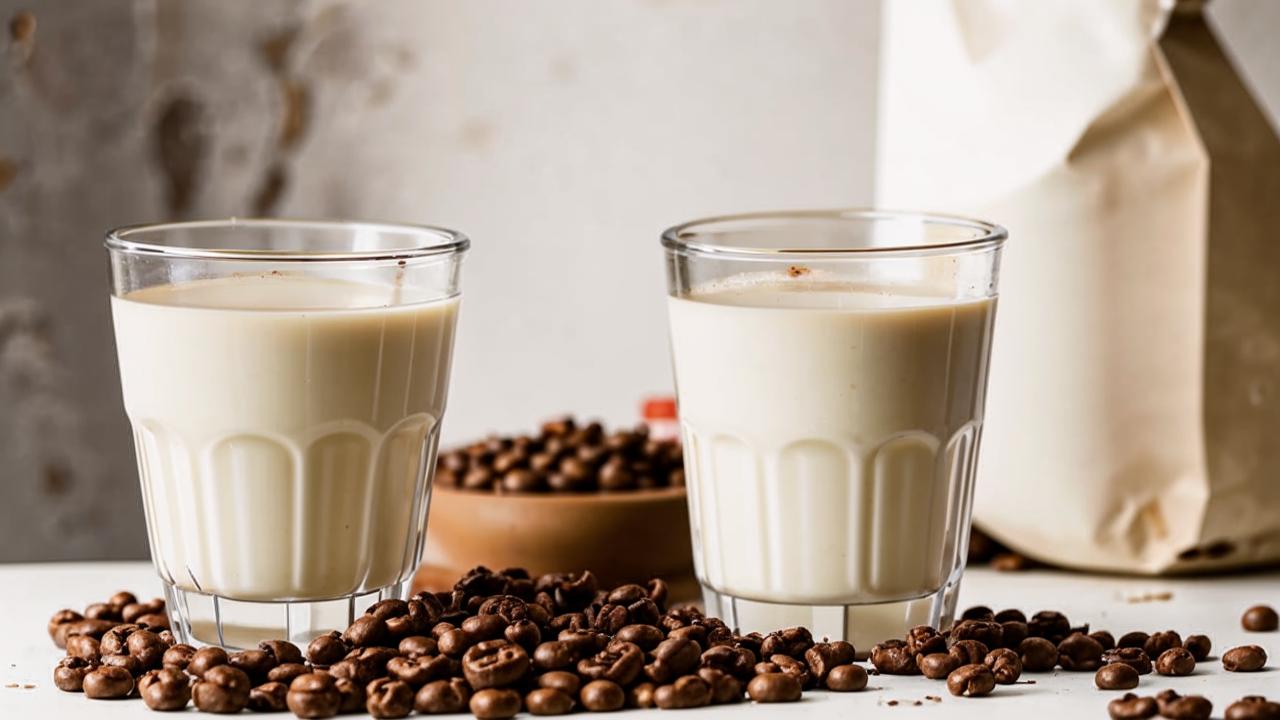With the arrival of fall, our diet changes. This is due to lower air temperatures, changes in the assortment of products on the shelves, as well as the biological features of the body. We tell you how to eat right in the fall.

President of the Association of Nutritionists and Health Coaches (ANCH)
Autumn has arrived, which means it’s time to change the usual regime of the day and nutrition. According to Ayurveda, fall is ruled by vata dosha, which determines the dietary rules and menus for the fall season.
Ayurveda is an ancient Indian system of alternative medicine. In it, each person’s essence, or dosha, is a ratio of unique mental and physical characteristics. Ayurveda identifies three doshas: vata, pitta, and kapha – air and ether (or space); fire and water; and water and earth.
These three elements are responsible for all biological, psychological and physiopathological (disease) processes of the body, mind and consciousness. Read more about the principles of Ayurveda at the link below.
The fall weather is often windy, cold and dry, which affects the physical and mental state of a person. To ensure that the period under the auspices of vata dosha does not upset your equilibrium, you should introduce warm, grounding, stabilizing, moisturizing and soothing foods and practices into your diet and lifestyle , e.g. Massage and Aromatherapy.
In the fall, you need to strengthen your natural immunity, nourish your tissues and prepare your body for the cold winter months. Ayurveda has nutritional and lifestyle advice for every type of constitution, but I will give three general tips for the fall season.
Tip #1. Add seasonal foods to your menu
The basics of Ayurveda state that there is a relationship between foods and the time of year in which they ripen. If a person eats foods that are inappropriate for the time of year, they upset the natural balance and throw the body out of balance.
That is why in the fall we should eat more seasonal fruits and vegetables, which give us strength and protect us from diseases. We need to fill the dinner table with pumpkin, apples, quince, mushrooms, cauliflower and white cabbage, pomegranates and turnips.
Herbs and spices are useful for maintaining the mind and energy: basil, chamomile, valerian, ashwagandha, marshmallow, shatavari, amalaki, balu, haritaki.
Tip #2. Change your dietary regimen
It is mandatory to change your diet regime. You should gradually limit the consumption of cold food and salads and increase the volume of warm dishes in the menu (vegetable stews and soups, whole-grain porridge with ghee oil).
Food during this period should be moist, oily and warm. The predominant flavors should be sweet, sour and salty. In order to improve digestion in the fall, add aromatic spices to food: cumin, cardamom, coriander, fennel, ginger.

Water and all drinks should be drunk warm. Cold water during this period provokes bloating and indigestion. It is better to refuse excitatory drinks – coffee and black tea to avoid nervousness.
Replace coffee and tea with chicory, ginger or ginger-mint tea, rose hips and hawthorn. It is useful to drink at night warm milk with spices, in this case with ginger and cardamom. About other drinks that can be used to replace coffee, read the link below.
Protect against colds will help turmeric, fenugreek, black pepper, mustard, cumin. Herbal teas will wonderfully complement cinnamon, cardamom, cloves and nutmeg.
Tip #3. Master aromatherapy
Aromatherapy in the fall is not only disease prevention, but also a great way to relax and maintain a good emotional state and mood. Fall aromatherapy can include a number of essential oils:
- citrus – great for uplifting the mood and strengthening the nervous system;
- coniferous – relieve stress and calm, have antiseptic properties;
- sandalwood, musk, cinnamon and camphor oils – have antioxidant, antiviral and antimicrobial properties;
- eucalyptus oil, thyme or tea tree oil – have a powerful preventive effect against colds and acute respiratory infections.
Products of the fall season: benefits and recommendations
In the fall, you can and should eat all ripe root crops, vegetables and fruits. The main products of the fall season are nuts, whole grains, root vegetables, beans, oils (ghee, olive oil, pumpkin oil, sesame oil) and dairy products.
To support your immune system, introduce into your diet:
- lemons;
- boiled or stewed apples;
- almonds;
- red beets;
- sweet potatoes (yams);
- muscat pumpkin.
During this period you can indulge in sweet fall fruits, but remember the measure:
- apricots;
- pineapples;
- melons;
- ripe plums;
- figs.
Vegetables can be both sweet and bitter, and fresh herbs perfectly complement the taste palette of the autumn menu. You should not refuse meat, but it is better to choose white meat or game: chicken, turkey, guinea fowl, duck. Fans of legumes I recommend choosing mung beans and red lentils, which are easily digested.

Eat delicious and nutritious food, so that the autumn season will be remembered by a riot of colors and cozy evenings, not colds and gray moping. Check your dosha type according to Ayurveda to learn more nutritional intricacies and be in a great mood despite the weather outside.





